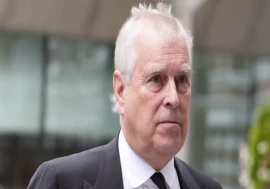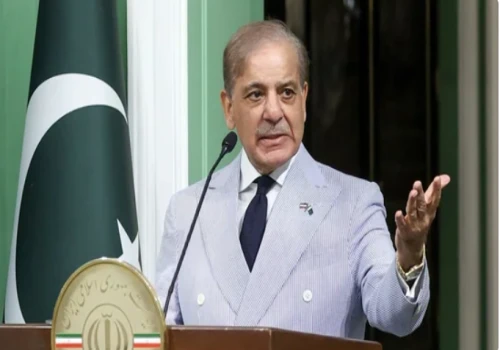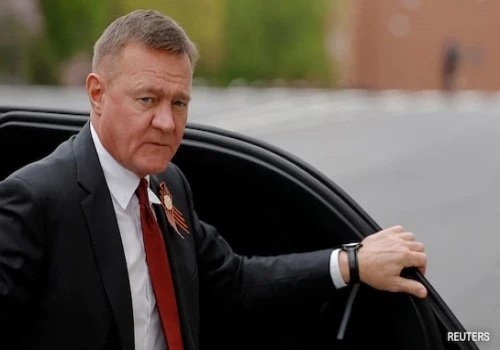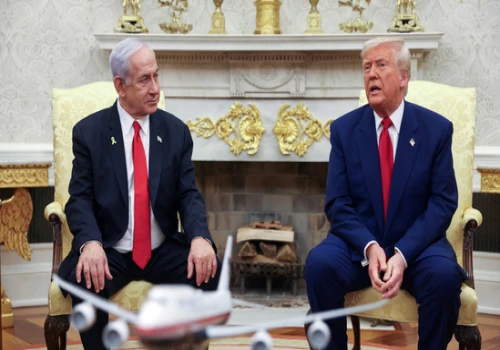
In the wake of recent events, the world's attention has turned to Rafah, a city in southern Gaza, where Israel has intensified its bombardment in response to ongoing tensions. This escalation comes amidst global outrage and a significant ruling by the International Court of Justice (ICJ), amplifying the urgency and complexity of the situation.Israel's military operations in Rafah have been relentless, with airstrikes targeting key infrastructure and residential areas.
The heavy bombardment has resulted in civilian casualties and widespread destruction, exacerbating an already dire humanitarian crisis in Gaza.The ICJ's recent ruling has further inflamed tensions.
The court issued a decision condemning Israel's policies and actions in occupied Palestinian territories, including Gaza. This ruling has been hailed by many as a step towards accountability and justice for Palestinians, but it has also sparked a fierce backlash from Israeli officials.
The international community has been swift to respond to the situation in Rafah. Calls for an immediate ceasefire and de-escalation have echoed from various quarters, with world leaders and organizations urging restraint and a return to dialogue.
Amidst these developments, it is crucial to recognize the human cost of the conflict. Innocent civilians, including women and children, continue to bear the brunt of the violence, facing unimaginable hardships and trauma.
As the situation in Rafah remains fluid and volatile, the need for a lasting and sustainable peace agreement becomes ever more urgent. Diplomatic efforts must be redoubled to ensure that the cycle of violence and suffering is brought to an end, and that the rights and dignity of all people in the region are respected and protected.Stay tuned for further updates on this evolving crisis as efforts towards peace and justice continue on the global stage.











